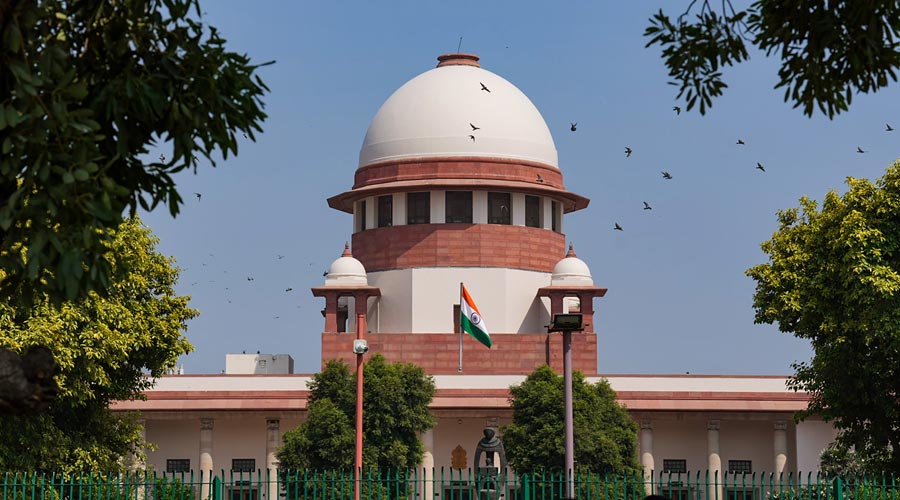Nature of the Case
A woman with cerebral palsy successfully challenged her forceful de-boarding from an airplane due to her disability.

A woman with cerebral palsy successfully challenged her forceful de-boarding from an airplane due to her disability.
On 19 February, 2012 Ms. Jeeja Ghosh was forcefully de-boarded from a SpiceJet airplane on which she had a ticket to fly from Kolkata to Goa and, as a result, missed the conference hosted by Able Disabled All People Together (ADAPT) that she was on her way to attend. She was later told by airline officials that she had been ordered off the plane by the pilot because of her disability.
Ms. Ghosh challenged SpiceJet’s behavior as violating ‘Civil Aviation Requirements’ dated 1 May 2008 (CAR) with regards to ‘Carriage by Air of Persons with Disability and/or Persons with Reduced Mobility’, issued by Directorate General of Civil Aviation (DGCA) (respondent No.2). The Union of India (respondent No.1) failed to ensure that persons with disabilities can achieve their full potential free from discrimination, as outlined in constitutional, statutory, and international law. Ghosh alleged that her constitutional rights were violated under Article 32, 14, and 21 of the Constitution of India, in addition to violations of the Persons with Disabilities Act (Equal Opportunities, Protection of Rights, and Full Participation) Act, 1995, and the United Nations Convention on the Rights of Persons with Disabilities.
SpiceJet (resp. 3) argued that Ghosh’s removal was justified because she failed to inform SpiceJet of her disability at the time of ticket booking and check-in (Article 4.1 of CAR, 2008). Due to their lack of knowledge of her disability, respondent alleged, they felt it would have been a risk to both Ghosh and the other passengers to allow her to take the five hour flight in a state of what they believed to be deteriorating health (Article 5.2 of CAR). The Court decided that Ghosh’s treatment was neither appropriate nor fair and was in violation of Rule 133-A of Rules, 1937 and the Car, 2008 guidelines. The Court ordered respondent SpiceJet to pay Ghosh damages in the amount of ₹10,00,000 as compensation for her mental and physical suffering and for the unreasonable discrimination against her.
The Court held that, in addition with complying with pre-existing laws such as CAR, respondents must further implement suggestions made by a Committee, known as the “Ashok Kumar Committee,” appointed by the Ministry of Civil Aviation. These recommendations include preparing training modules for staff and security with the intention of sensitizing them to the needs of people with disabilities. The training must be implemented at regular intervals and include the offloading of passengers. They must provide a Complaints Resolution Officer at all major airports, and a telephonic, fully accessible help desk, to receive assistance requests from passengers with disabilities. They must provide essential flight information and entertainment in accessible formats. Safety briefings should be made in sign language. Equipment and other facilities should be standardised in consultation with the Department of Disability Affairs. This should be overseen by DGCA. Responsibilities need to be clearly defined for the airlines, their agents, and ticketing website, check-in, and security check.
The Union of India showed little interest in implementing this order. Petitioners have brought this reluctance to the notice of the Supreme Court. In keeping with the principle of the “continuing mandamus,” the Supreme Court of India remained monitoring the implementation of its order.
Persons with disabilities have faced rudeness and treatment with a lack of dignity when they travel by air. There have been many instances reported of persons with disability being offloaded, women being asked to take off their pants while going through security with an prosthetic leg, persons on wheelchairs being asked to stand up and scolded during security checks and adults carried like infants on board the aircraft in the absence of wheelchairs. Jeeja Ghosh’s case is a milestone in the struggle of persons with disabilities for equal and just treatment and is the first decision of the Supreme Court of India on mobility rights of persons with disability.
For their contributions, special thanks to ESCR-Net member: the Program on Human Rights and the Global Economy (PHRGE) at Northeastern University.